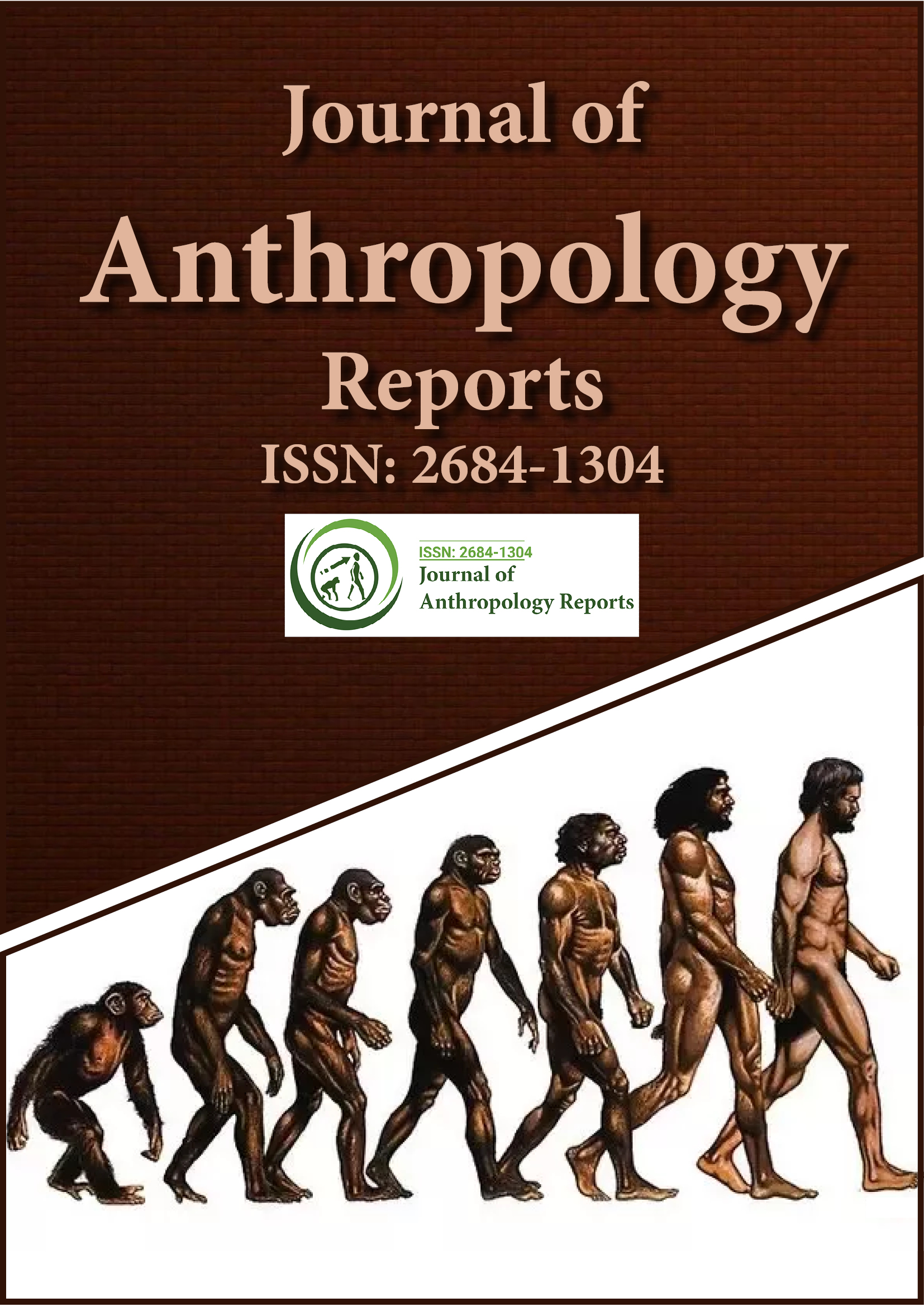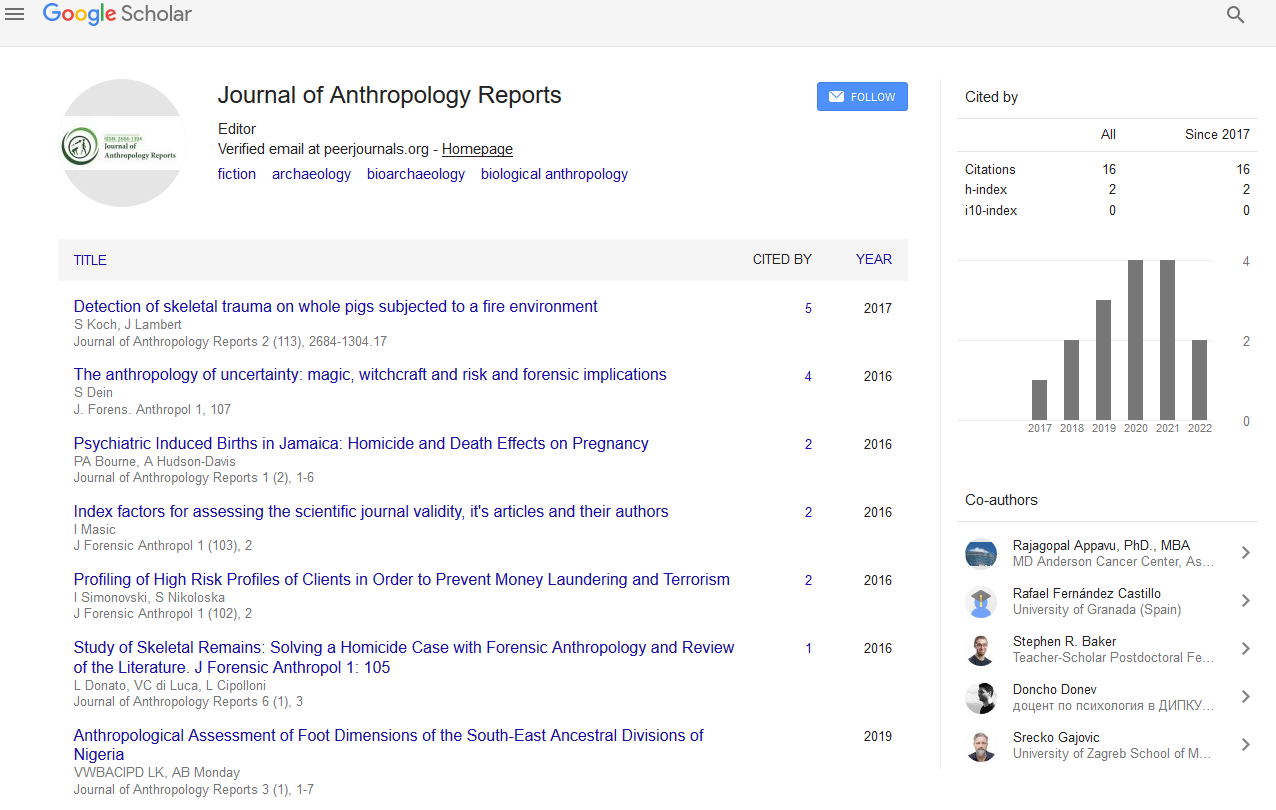Indexed In
- RefSeek
- Hamdard University
- EBSCO A-Z
Useful Links
Share This Page
Journal Flyer

Open Access Journals
- Agri and Aquaculture
- Biochemistry
- Bioinformatics & Systems Biology
- Business & Management
- Chemistry
- Clinical Sciences
- Engineering
- Food & Nutrition
- General Science
- Genetics & Molecular Biology
- Immunology & Microbiology
- Medical Sciences
- Neuroscience & Psychology
- Nursing & Health Care
- Pharmaceutical Sciences
Perspective - (2024) Volume 7, Issue 4
Fijian Funeral Rituals: Adapting to Economic Pressures and Urbanization
Lucas Wright*Received: 29-Nov-2024, Manuscript No. JFA-24-28384; Editor assigned: 02-Dec-2024, Pre QC No. JFA-24-28384 (PQ); Reviewed: 16-Dec-2024, QC No. JFA-24-28384; Revised: 23-Dec-2024, Manuscript No. JFA-24-28384 (R); Published: 30-Dec-2024, DOI: 10.35248/2684-1304.24.7.208
Description
Fiji, an island nation in the South Pacific, is home to various cultural practices and traditions, with indigenous Fijian funeral rituals representing a significant part of the social and cultural fabric of the country. These funeral rites, steeped in history and symbolism, serve as a means to honor the deceased, offer respect to family lineage and strengthen communal bonds. However, as Fiji’s economy continues to modernize and the urban-rural divide persists, indigenous Fijian funeral practices face challenges related to economic pressures, cultural preservation and the shifting dynamics of family and community life. This perspective investigate the tension between cultural preservation and survival in the context of urban and rural socioeconomic realities, focusing on how these factors impact indigenous Fijian funeral practices and the ways in which communities are adapting to contemporary challenges.
At the heart of Fijian funeral customs is the idea of communal participation. Traditional funeral rites involve elaborate ceremonies, including feasts, the presentation of gifts and the performance of rituals that often extend over several days. These practices are deeply embedded in Fijian culture, symbolizing the respect for the deceased, reaffirming family and village ties and ensuring the proper transition of the soul to the afterlife. In rural Fijian communities, where family ties are strong and social structures are closely knit, these rituals are seen as essential for maintaining cultural identity and solidarity. The cost of such rituals, including the provision of food, ceremonial attire and offerings, can be considerable, yet they are viewed as an essential expression of cultural continuity.
However, in urban settings, the dynamics of funeral practices are increasingly being influenced by socioeconomic factors. As Fijians move from rural villages to urban areas in search of better economic opportunities, they often face a shift in priorities and a clash of values between traditional practices and the pressures of modern living. Urbanization brings with it the cost of living, the need for disposable income and the demands of a more individualistic, career-focused lifestyle. In this context, indigenous Fijian funeral customs, which require significant financial outlay and community involvement, may become burdensome for families, especially those with limited resources. Many Fijian families now find themselves torn between the desire to uphold traditional funeral practices and the need to adapt to the financial realities of urban life.
In the cities, the economic pressure to participate in elaborate funeral rituals may lead to the commodification of traditional practices. Families in urban centers may feel compelled to spend beyond their means to fulfill the expectations of their community, leading to increased debt or financial strain. This economic burden can cause considerable stress, as families must navigate the cultural obligation to honor their deceased loved ones while attempting to balance their financial stability. The urban-rural divide in terms of funeral expenses and expectations also creates tensions between those who continue to live in rural villages, where funeral costs may be more manageable or community-oriented and those in the urbanized areas, where the commercial nature of ceremonies has taken hold.
In conclusion, the challenge of balancing culture and survival in indigenous Fijian funerals highlights the complex relationship between socioeconomic realities and cultural preservation. Urbanization, economic pressures and shifting generational values all play a role in shaping funeral practices, creating a delicate balance between maintaining cultural traditions and meeting the financial demands of modern life. As Fiji continues to navigate the intersections of cultural heritage and economic development, there will be increasing opportunities to reimagine how funeral practices can evolve in a way that honors tradition while accommodating the realities of contemporary society. It is important to find sustainable ways to honor the dead, support grieving families and preserve cultural practices, ensuring that indigenous Fijian funerals remain an essential part of Fiji’s social and cultural landscape for future generations.
Citation: Wright L (2024). Fijian Funeral Rituals: Adapting to Economic Pressures and Urbanization. J Anthropology Rep. 7:208.
Copyright: © 2024 Wright L. This is an open-access article distributed under the terms of the Creative Commons Attribution License, which permits unrestricted use, distribution, and reproduction in any medium, provided the original author and source are credited.

